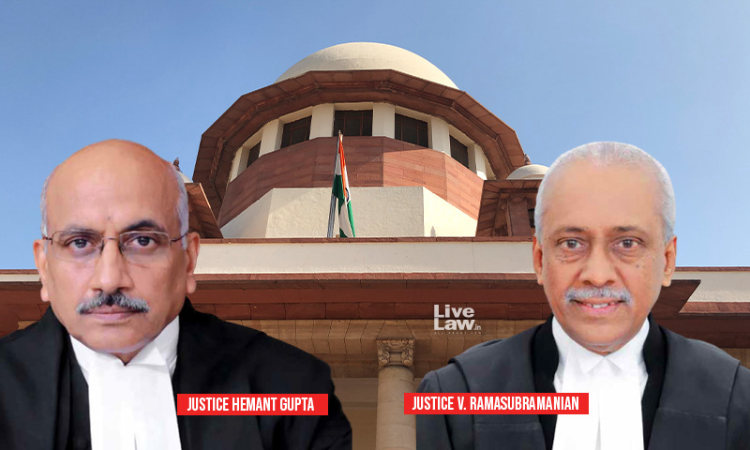NCLAT Order Vitiated If It Fails To Look Into A Vital Aspect On Which NCLT Had Recorded A Specific Finding : Supreme Court
Sohini Chowdhury
30 March 2022 10:37 AM IST

Next Story
30 March 2022 10:37 AM IST
The Supreme Court, on Tuesday, held that the failure of NCLAT as the first appellate authority to look into a vital aspect of the matter regarding which NCLT had already recorded a specific finding of fact, would vitiate its order. A Bench comprising Justices Hemant Gupta and V. Ramasubramanian allowed an appeal challenging the order of the NCLAT which reversed the order of the...
